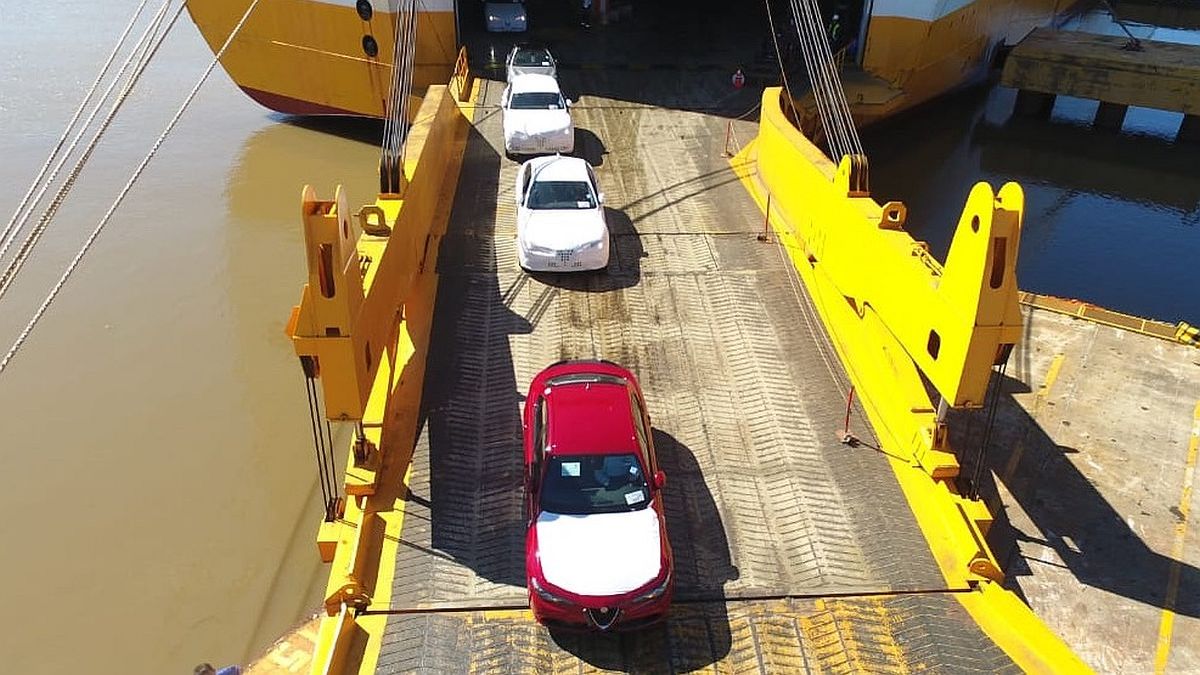In practice, in the last three months of 2021, the operation of operations had been carried out in this way, since the fall in reserves forced the national authorities to further restrict the foreign exchange to import. That is why the new modality did not come as a surprise in the sector. In fact, the meeting was held in an atmosphere of cordiality and recognition of the difficult situation in the country in terms of reserves. During the first part of the year, importers received, from the Central Bank, a certain amount of dollars to enter vehicles. Now, they will have to resort to external financing.
From the Government it He explained that this situation will prevail throughout 2022, so only afterwards will they be able to recover the dollars. Meanwhile, they will have to take credits abroad. “It is a measure that is understood in a context of lack of foreign exchange. We have to finance ourselves abroad to obtain the dollars to import,” he explained to Ambit the president of CIDOA, Hugo Belcastro.
With the sale of the cars, they will receive dollars or pesos from the customers. If they receive foreign currency – beyond the operation being registered in pesos – they can use it to pay off the loan. In case of charging in national currency, they must access the different exchange markets to get dollars and pay off the debt.
What is clear and is the message that the National government is that, from now on, dollars will not be released from the Central to import cars. Also that the supply of vehicles will be limited to the possibilities that each importer has to obtain credit and by the amount granted. That is, the number of units will be limited to financing.
In the market distortions are registered due to the lack of the vehicle. This means that there are surcharges or that payment in dollar bills is required, beyond the fact that the 0km are sold in pesos at the value of the official dollar. The law of supply and demand is what determines the value of a car today.
On the other hand, this mechanism will incur a higher import cost that the consumer will end up paying.
This measure affects distributors of imported brands without factories in Argentina. Meanwhile, terminals located in the country will continue to import under the current system that delivers foreign currency to the extent that they export.
The authorities of the association that groups local factories (ADEFA) met today with President Alberto Fernández to take stock of 2021 for the sector, an industry considered key to the economy. In that sense, it was highlighted that an increase of around 30% in the production and exports of vehicles is expected by 2022.
Source From: Ambito
David William is a talented author who has made a name for himself in the world of writing. He is a professional author who writes on a wide range of topics, from general interest to opinion news. David is currently working as a writer at 24 hours worlds where he brings his unique perspective and in-depth research to his articles, making them both informative and engaging.




